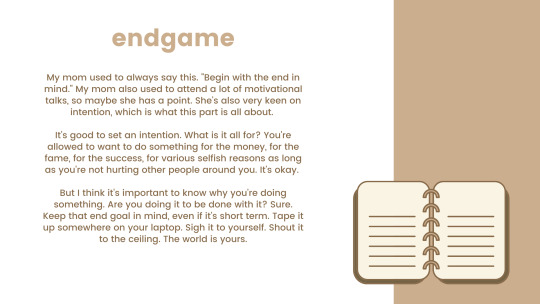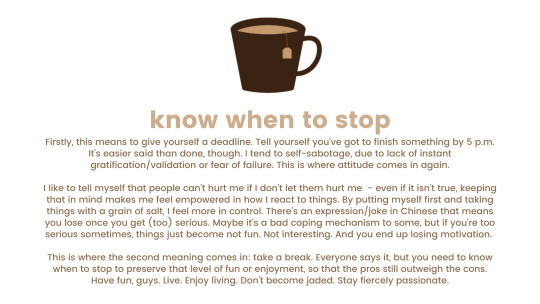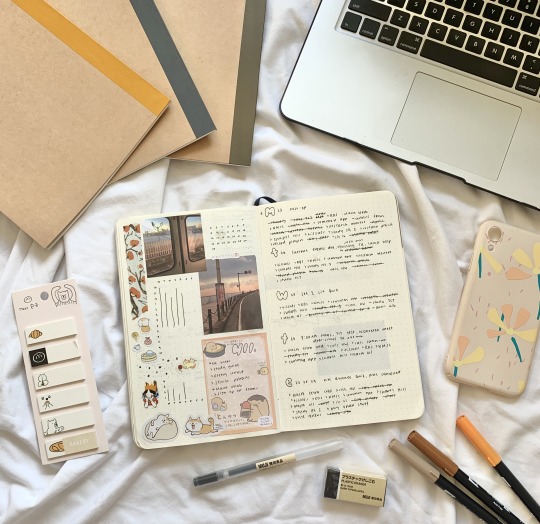|studying educational science|19|productive but healthy studies|tracking #accuratestudies|
Don't wanna be here? Send us removal request.
Text




receiving a bad grade can be incredibly demoralising, especially if you’ve worked hard on that assignment. although it’s important to reflect on your mistakes, it’s even more important not to conflate your academic performance with your self worth. a grade is just a grade, you have a lot more to offer!
718 notes
·
View notes
Note
hey! do you have any specific recs for books about women & horror? i'm reading kier la-janisse's house of psychotic women and really into it
i’m reading it too! and yes, here are some i have read/want to:
House of Psychotic Women: An Autobiographical Topography of Female Neurosis in Horror and Exploitation Films by Kier-la Janisse
Horror by Brigid Cherry
Men, Women, and Chain Saws: Gender in the Modern Horror Film by Carol J. Clover
The Monstrous-Feminine: Film, Feminism, Psychoanalysis by Barbara Creed
Cutting Edge: Art-Horror and the Horrific Avant-garde by Joan Hawkins
Female Masochism in Film: Sexuality, Ethics and Aesthetics by Ruth McPhee
Gender and the Nuclear Family in Twenty-First-Century Horror by Kimberly Jackson
Killing Women: The Visual Culture Of Gender And Violence by Susan Lord
Mastering Fear: Women, Emotions, and Contemporary Horror by Rikke Schubart
Maternal Horror Film: Melodrama and Motherhood by Sarah Arnold
Misfit Sisters: Screen Horror as Female Rites of Passage by Sue Short
Rape-Revenge Films: A Critical Study by Alexandra Heller-Nicholas
Recreational Terror: Women and the Pleasures of Horror Film Viewing by Isabel Cristina Pinedo
Representations of Femininity in American Genre Cinema: The Woman’s Film, Film Noir, and Modern Horror by David Greven
Revisionist Rape-Revenge: Redefining a Film Genre by Claire Henry
Searching for Sycorax: Black Women’s Hauntings of Contemporary Horror by Kinitra D. Brooks
The Dread of Difference: Gender and the Horror Film by Barry Keith Grant
The Women of Hammer Horror: A Biographical Dictionary and Filmography by Robert Michael Bobb Cotter
The Women Who Knew Too Much: Hitchcock and Feminist Theory by Tania Modleski
Women of Blaxploitation: How the Black Action Film Heroine Changed American Popular Culture by Yvonne D. Sims
Women, Monstrosity and Horror Film: Gynaehorror by Erin Harrington
Suspiria by Alexandra Heller-Nicholas
Powers of Horror: An Essay on Abjection by Julia Kristeva
Skin Shows: Gothic Horror and the Technology of Monsters by J. Jack Halberstam
Ms. 45 by Alexandra Heller-Nicholas
The 1990s Teen Horror Cycle: Final Girls and a New Hollywood Formula by Alexandra West
Women in Horror Films, 1940s by Gregory William Mank
The Monstrous-Feminine in Contemporary Japanese Popular Culture by Raechel Dumas
Offensive Films: Toward An Anthropology Of Cinéma Vomitif by Mikita Brottman
4K notes
·
View notes
Photo
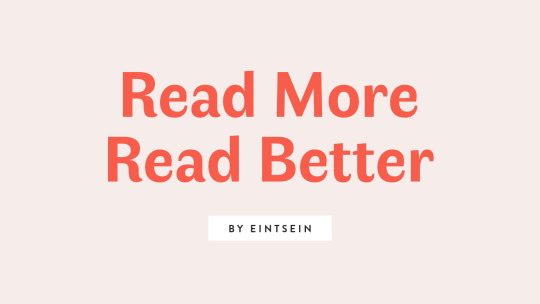

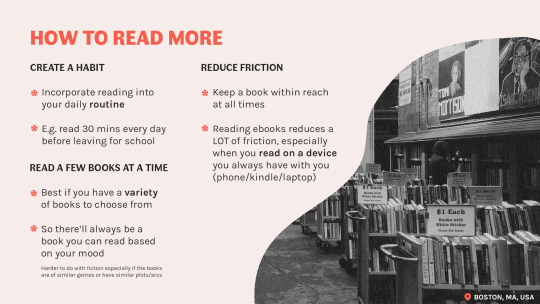
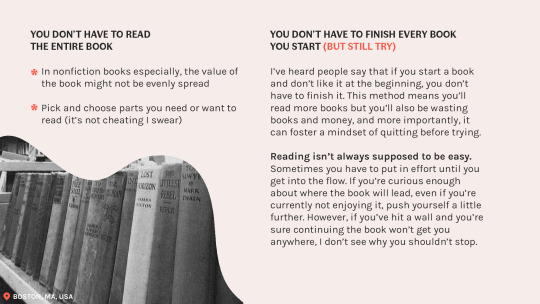
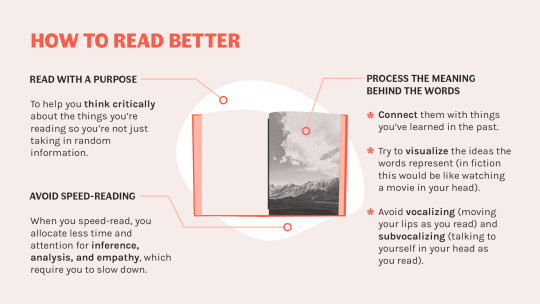
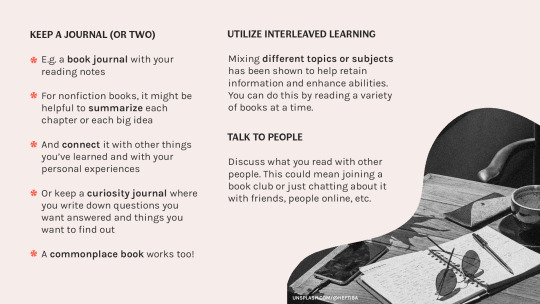
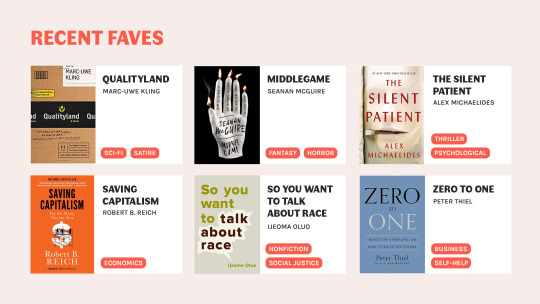

Read More, Read Better
Many of us are looking for more ways to enjoy our time at home in these stressful circumstances. Some of us have turned to books. But how can we make sure we get the most out of them?
Keep reading
24K notes
·
View notes
Note
*curtsies* So, I really, REALLY don't want to offend anyone, Duke, but a question has been bothering me for a really long time and I was afraid to ask it because I didn't want to piss off anyone and since you're really eloquent and knowledgeable, I thought I'd ask you. So here it goes: you always say that arts and sciences are equally important, but how can analysing Chaucer or ecopoetics or anything similar compare to biomedicine or engineering in improving human lives? I'm genuinely curious!
*Curtsies* All right. Let me tell you a story:
When I lived in London, I shared a flat with a guy who was 26 years old, getting his PhD in theoretical physics. Let’s call him Ron. Ron could not for the life of him figure out why I was wasting my time with an MA in Shakespeare studies or why my chosen method of providing for myself was writing fiction. Furthermore, it was utterly beyond him why I should take offense to someone whose field literally has the word “theoretical” in the title ridiculing the practical inefficacy of art. My pointing out that he spent his free time listening to music, watching television, and sketching famous sculptures in his notebook somehow didn’t convince him that art is a necessary part of a healthy human existence.
Three other things that happened with Ron:
I came home late one night and he asked where I’d been. When I told him I’d been at a friend’s flat for a Hanukkah celebration, he said, “What’s Hanukkah?” I thought he was joking. He was not.
A few weeks later, I came downstairs holding a book. He asked what I was reading and when I said, “John Keats,” he (and the three other science grad students in the room) did not know who that was. This would be like me not knowing who Thomas Edison is.
One night we got into an argument about the issue of gay marriage, and at one point he actually said, “It doesn’t affect me so I don’t see why I should care about it.”
Now: If Ron had ever read Number the Stars, or heard Ode to a Nightingale, or been to a performance of The Laramie Project, do you think he ever would have asked any of these questions?
Obviously this is an extreme example. This guy was amazingly ignorant, but he was also the walking embodiment of the questions you’re asking. What does art matter compared with something like science, that saves people’s lives? Here’s the thing: There’s a flaw in the question, because art saves lives, too. Maybe not in the same “Eureka, we’ve cured cancer!” kind of way, but that doesn’t make it any less important. Sometimes the impact of art is relatively small, even invisible to the naked eye. For example: as a young teenager I was (no exaggeration) suicidally unhappy. Learning to write is what kept me (literally and figuratively) off the ledge. But I was one nameless teenager; in the greater scheme of things, who cares? Fair enough. Let’s talk big picture. Let’s talk about George Orwell. George Orwell wrote books, the two most famous of which are Animal Farm and 1984. You probably read at least one of those in high school. Why do these books matter? Because they’re cautionary tales about limiting the power of oppressive governments, and their influence is so pervasive that the term “Big Brother,” which refers to the omniscient government agency which watches its citizens’ every move in 1984, has become common parlance to refer to any abuse of power and invasion of privacy by a governmental body. Another interesting fact, and the reason I chose this example: sales of 1984 fucking skyrocketed in 2017, Donald Trump’s first year in office. Why? Well, people are terrified. People are re-reading that cautionary tale, looking for the warning signs.
Art, as Shakespeare taught us, “holds a mirror up to nature.” Art is a form of self-examination. Art forces us to confront our own mortality. (Consider Hamlet. Consider Dylan Thomas.) Art forces us to confront inequality. (Consider Oliver Twist. Consider Audre Lorde. Consider A Raisin in the Sun. Consider Greta Gerwig getting snubbed at the Golden Globes.) Art forces us to confront our own power structures. (Consider Fahrenheit 451. Consider “We Shall Overcome.” Consider All the President’s Men. Consider “Cat Person.”) Art reminds us of our own history, and keeps us from repeating the same tragic mistakes. (Consider The Things They Carried. Consider Schindler’s List. Consider Hamilton.) Art forces us to make sense of ourselves. (Consider Fun House. Consider Growing Up Absurd.) Art forces us to stop and ask not just whether we can do something but whether we should. (Consider Brave New World. Consider Cat’s Cradle.) You’re curious about ecopoetics? The whole point is to call attention to human impact on the environment. Some of our scientific advances are poisoning our planet, and the ecopoetics of people like the Beats and the popular musicians of the 20th century led to greater environmental awareness and the first Earth Day in 1970 . Art inspires change–political, social, environmental, you name it. Moreover, art encourages empathy. Without books and movies and music, we would all be stumbling around like Ron, completely ignorant of every other culture, every social, political, or historical experience except our own. Since we have such faith in science: science has proved that art makes us better people. Science has proved that people who read fiction not only improve their own mental health but become proportionally more empathetic. (Really. I wrote an article about this when I was working for a health and wellness magazine in 2012.) If you want a more specific example: science has proved that kids who read Harry Potter growing up are less bigoted. (Here’s an article from Scientific American, so you don’t have to take my word for it.) That is a big fucking deal. Increased empathy can make a life-or-death difference for marginalized people.
But the Defense of Arts and Humanities is about more than empirical data, precisely because you can’t quantify it, unlike a scientific experiment. Art is–in my opinion–literally what makes life worth living. What the fuck is the point of being healthier and living longer and doing all those wonderful things science enables us to do if we don’t have Michelangelo’s David or Rimbaud’s poetry or the Taj Mahal or Cirque de Soleil or fucking Jimi Hendrix playing “All Along the Watchtower” to remind us how fucking amazing it is to be alive and to be human despite all the terrible shit in this world? Art doesn’t just “improve human lives.” Art makes human life bearable.
I hope this answers your question.
To it I would like to add: Please remember that just because you don’t see the value in something doesn’t mean it is not valuable. Please remember that the importance of science does not negate or diminish the importance of the arts, despite what every Republican politician would like you to believe. And above all, please remember that artists are every bit as serious about what they do as astronomers and mathematicians and doctors, and what they do is every bit as vital to humanity, if in a different way. Belittling their work by questioning its importance, or relegating it to a category of lesser endeavors because it isn’t going to cure a disease, or even just making jokes about how poor they’re going to be when they graduate is insensitive, ignorant, humiliating, and, yes, offensive. And believe me: they’ve heard it before. They don’t need to hear it again. We know exactly how frivolous and childish and idealistic and unimportant everyone thinks we are. Working in the arts is a constant battle against the prevailing idea that what you do is useless. But it’s bad enough that the government is doing its best to sacrifice all arts and humanities on the altar of STEM–we don’t need to be reminded on a regular basis that ordinary people think our work is a waste of time and money, too.
Artists are exhausted. They’re sick and tired of being made to justify their work and prove the validity of what they do. Nobody else in the world is made to do that the way artists are. That’s why these questions upset them. That’s why it exasperates me. I have to answer some version of this question every goddamn day, and I am so, so tired. But I’ve taken the effort to answer it here, again, in the hopes that maybe a couple fewer people will ask it in the future. But even if you’re not convinced by everything I’ve just said, please try to find some of that empathy, and just keep it to yourself.
26K notes
·
View notes
Text
Notion - BASIC and EASY Note taking system FOR STUDENTS
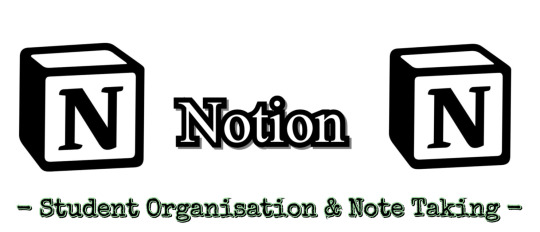
Hello everyone!
I hope you are well!
For this weeks #Microbiologynerddweeklytips post, I shall be sharing my university note taking and organisation system using Notion.
I have been using Notion for roughly 1 year, and have used it to organise my second year university studies, in addition to my voluntary position as the VP of my society.
So below is a very BASIC and EASY to use format you could adapt for yourselves! Enjoy😊
Contents
As a directory to everything I need at university, I have a contents page. Here I have each of my modules, as though they were chapters of a book. Each leading to a separate page of their own.
After this I have the required ‘modules’ for my placement year. I have arranged this slightly differently to my regular university notes - more details on this later.
Below this you can find pages for my summer microtalks hosted by SFAM. I attend these weekly and make notes in that subsection.
And finally I have a section for Taekwondo, to organise tasks I have to complete as the VP of Taekwondo.

Module pages:
So i have tested 2 different methods for module layout, each only having a slight twist.

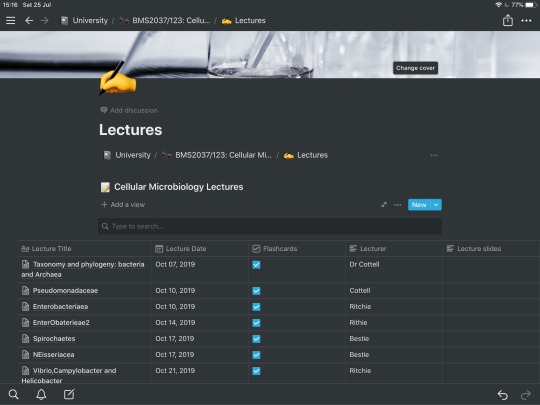
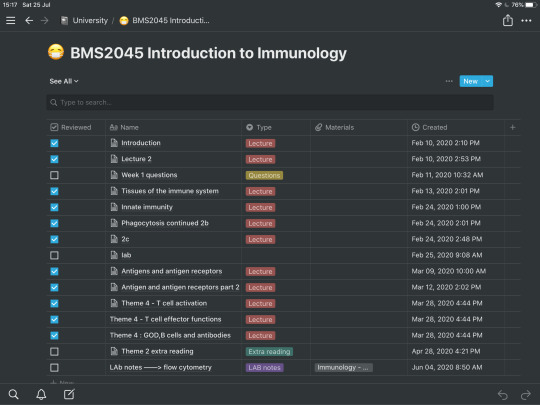
- Please click the photos to enlarge -
In the photos above, I visualise the 2 different systems. Each of the systems involves having a new cell per lecture. However, in the first 2 photos (from left to right) I have separate pages for my lectures vs my lab notes. Whereas on the right, I have my lectures, labs, extra reading and questions all formulated into one table. Clicking the See All button at the top left of the table, above the search bar, you can choose to view classes by type i.e. just see my lectures or just see my lab notes for example.
The second system I have found works best, otherwise you are just clicking too many buttons to get to the area you need. However, in future I shall implement the ‘breadcrumb’ at the top the page, like i did with the first and second photos. (Breadcrumb = univeristy/ BMS2037:cellu../lecture below the page titles). Breadcrumbs make it easier to shift between pages instead of clicking the back button all the time. They are essientally hyperlinks to other pages.
Tip: to insert a breadcrumb simply put /breadcrumb and a breadcrumb will appear. This works for anything you are trying to insert e.g. a table
You can also choose to insert materials e.g. any lecture slides or resources you used within that lecture. Personally I dont find this helpful, as our VLE is clearly laid out with our lectures. But it might be something worth trying, as you can also insert pictures or any sort of media you require.
I also use the tick box function to keep track of whether I have written the lecture into Anki cards (flashcards)/ attended the lecture.
Side note: Please ignore my spelling/ how I label lectures, they make sense to me, they dont need to be 100% correct - right?
Internship/Placement Page:
I have recently been dabbling in the layout I would like to use for my internship year, however, I shall update you at a later date with any additional details, as due to COVID-19 the formate of the year and my assessments has changed. I also will find out more when I start my internship... which is soon - yay!
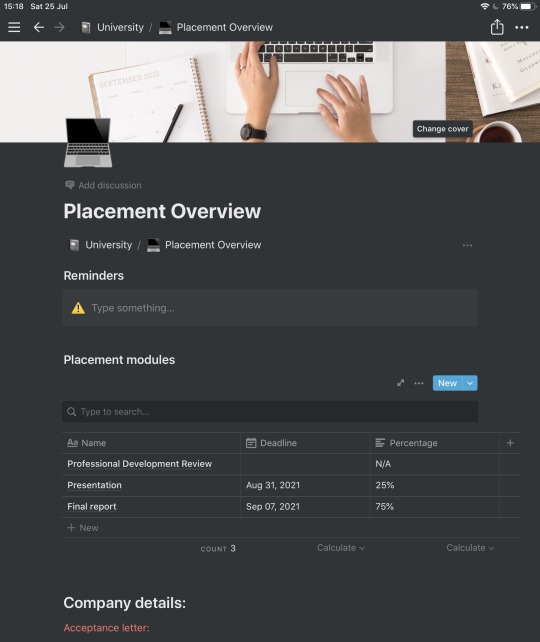
I’ve decided to have reminders at the top, which I inserted using /callout - you can change the emoji to anything you would like. This is for me to know instantly any important documents or tasks that I need to complete.
The external work to that provided by my internship is included in the table. This is essientally the coursework I have to complete on the side of the placement. Here i decided to note the deadlines and percentage of the year that it is worth. This is just to help me grasp the format of this year, since as mentioned above, it is slightly different.
Underneath this I have a selection of details to do with the company. This includes my acceptance letter and any insurance forms I need to send off. I just wanted to have them at hand so i can reference them at any time.
Summer 2020/Taekwondo pages:
These pages I format the same as the ‘Module’ Pages, so I haven’t included any pictures etc.
Miscellaneous things:
- NOTION IS FREE FOR STUDENTS - if you have an educational email, you can sign up for free! If not, packages start at $4 a month, which isn’t too bad for something you use frequently!
- This service is avaliable on tablets and computers, so anyone can take advantage of this organisational software!
- You can change the cover and icon at the top of each page. They include emojis and a standard image database, but you can also upload your own unique images if you desire.
- There are also template designs for pages, with different themes for different needs. So if you don’t want to start one from scratch you have lots of options to choose from. Use those as a base and edit them from there! For example, there are calendars, habit trackers, resume trackers and whole load of other things.
- Using a device for notes, such as notion, allows you access to any notes you have made at ease. It is organised, and you are unlikely to lose your notes. Paper is great until you scrunch up that important sheet, or it rains and the paper gets wet, or you are carrying every single note you have ever made - that can become heavy. Just something to bear in mind, especially if you can afford a laptop/ note taking device of some kind.
- You can create multiple pages for different aspects of your life (photo below). For example I have 2 additional pages, 1 for personal things and another for blog post ideas - to keep you guys entertained... haha! 😆
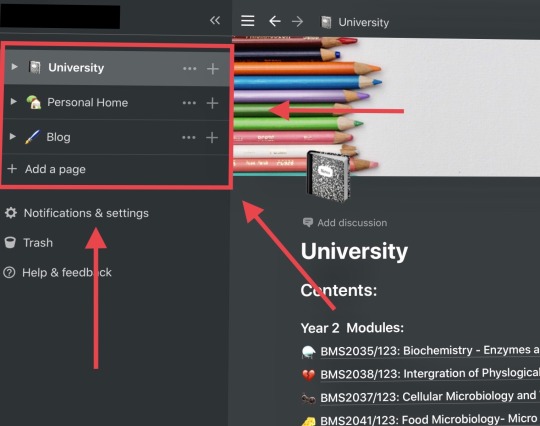
Conclusion :
What I have shared here is a very BASIC overview of how I use notion. If you desire a detailed in depth report of how notion works, it might be worth checking out Ali Abdaal, who can give you this information. As for me and what I require from the service, Notion has been working really well, keeping me organised with all my notes in one area. Knowing what I am doing, when, and being able to keep up with the speed of lectures - considering my writing speed is questionable. 😂
When you first download notion and look at all the templates, it can be a bit overwhelming/ exciting. Start with what you need, and then explore new ideas that you want to incorporate. There is no point setting up hundreds of pages if you aren’t going to use them, just like writing out pretty notes doesnt help you learn content - but more about that in a future post. Start small, being organised involves consistency, you can’t be consistent if you have given yourself too many things to do daily. Or at least you are unlikely to be.
One word of warning, Notion is not compatible with the Apple Pencil, so if you like writing notes on your iPad, this may not be the best software for you. As well as this, if you are a faster writer than you are typer, DO NOT USE NOTION. The whole basis of this app or at least how I use it, is to stay organised and write notes productively and efficiently. If you prefer writing, keep at it! Don’t just switch because suddenly you hear lots of tapping on keyboards in the lecture theatre.
Play to YOUR STRENGTHS , enhance what you are good at, not what everyone else is doing. As always, you’ve got this 💪
Let me know if you have any questions, or whether you’d like any further posts/details about my notion workflow. I’m happy to answer any queries you have.
Speak soon,
Lucinda x
541 notes
·
View notes
Photo
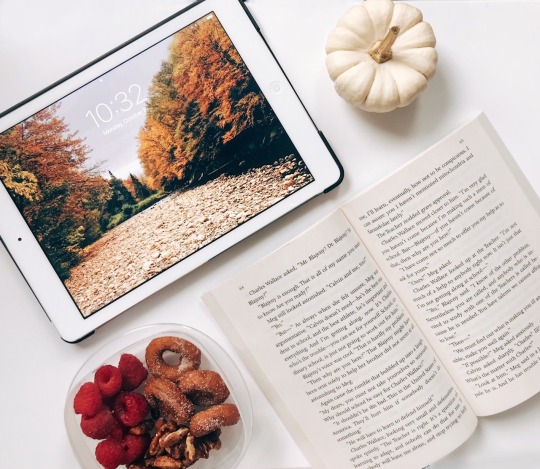
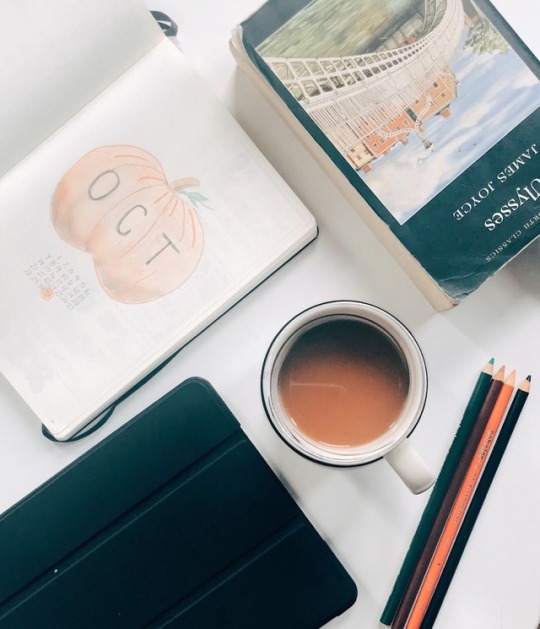
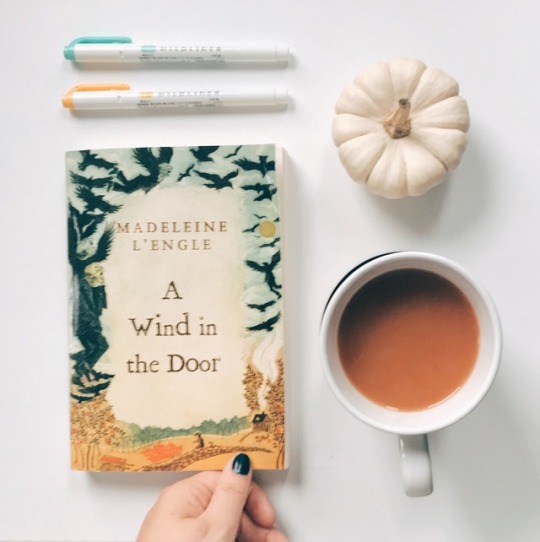

315 | Compilation of some of my favorite October posts 🍂
9K notes
·
View notes
Text
student self-care: but not necessarily the feel-good kind edition
1. what have you been procrastinating on? afraid to do? make a list. put it on your google calendar. be very honest with yourself. put every single task you have to do, schedule it, block out your calendar if you have to. it’ll help you in the long run even if it’s scary at first. 2. sort the loose papers settled at the bottom of your backpack. don’t risk losing precious class notes or syllabi or readings. use folders to classify them by subject. label them clearly. sort them by chronological order and label what class and what part of the syllabus they’re from. you’ll thank me during exam season. 3. evaluate your finances. have a way of keeping track of them. personally, i tend to spend a lot on food and coffee when i’m stressed. make a budget and stick to it. 4. if you’re struggling in a certain subject, make some time for it. i know it’s painful and easier to procrastinate, but make time. set a certain quota of pages to read. email your professor for help and consult if you have to.
5. eating healthy isn’t necessarily eating delicious. i know everyone posts their croissants and lattes and cakes (guilty) but eat that salad, eat your vegetables, eat a balanced diet. it’s brain food and it’ll sustain you and help you focus better. 6. take the time to really care for yourself. make it a routine. take daily walks, count the glasses of water you have, make sure to shower regularly. do your laundry and clean your room. take your medication regularly, schedule doctor’s appointments if you need to. your health is much more important than school, and your wellbeing will help your performance. 7. sleep is good. regular sleep is good and necessary. but know when you have to sacrifice a little sleep to get things some very hard things done. then sleep after. self-care isn’t always pretty. sometimes it’s about being disciplined and confronting what you’re afraid of. but it will make things easier and lighter for you in the long run. just one day at a time.
8K notes
·
View notes
Photo
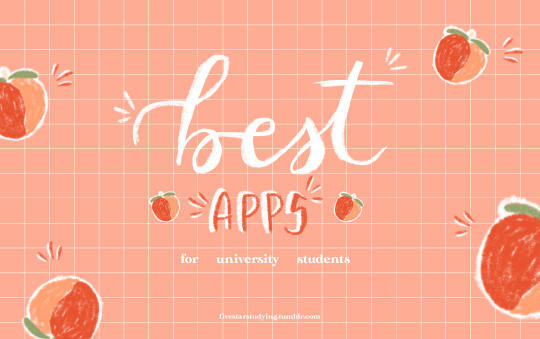
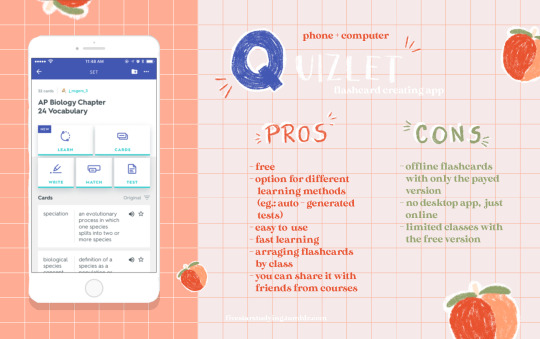
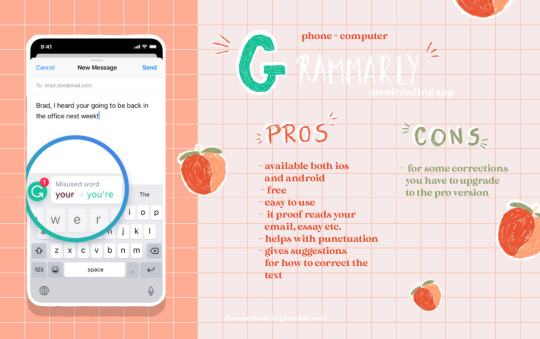

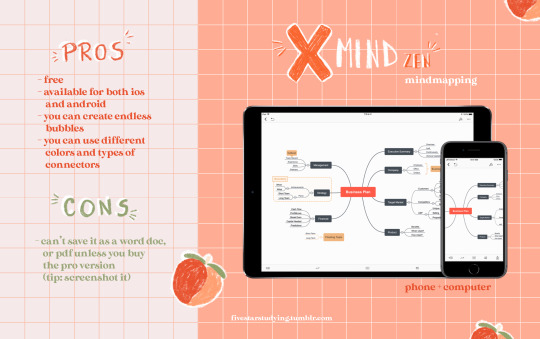



𝓂𝓎 𝒻𝒶𝓋𝑜𝓇𝒾𝓉𝑒 𝒶𝓅𝓅𝓈 𝒻𝑜𝓇 𝓊𝓃𝒾 🍑
In this post, I list 7 of my all-time favorite apps / chrome extensions that I use daily. I hope I can help out some fellow uni students who are struggling. This might help make studying less painful and a tiny tiny bit more enjoyable.
love, edith 🌾
ig.: @fivestarstudy_
14K notes
·
View notes
Text


The bittersweet taste of almonds and coffe on my lips, a John Keats poem caressing my soul. I come alive on these celestial early mornings. // IG: arroganteternaties
1K notes
·
View notes
Photo
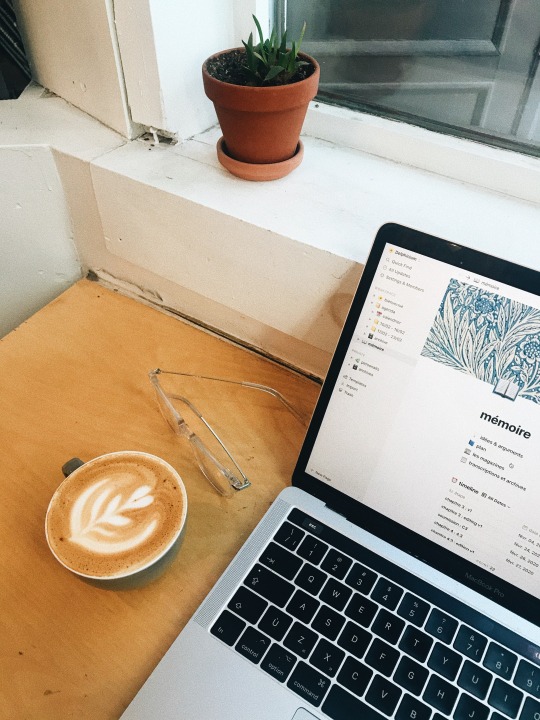

never not bribing myself with cute lattes in order to write…
2K notes
·
View notes
Photo










bookalicious II by suburbancrunchygirl
3K notes
·
View notes
Photo

Haven’t made notes by hand in a while – making a collection of prepared notes for my next class which is really intense and covers a lot of texts
8K notes
·
View notes
Text
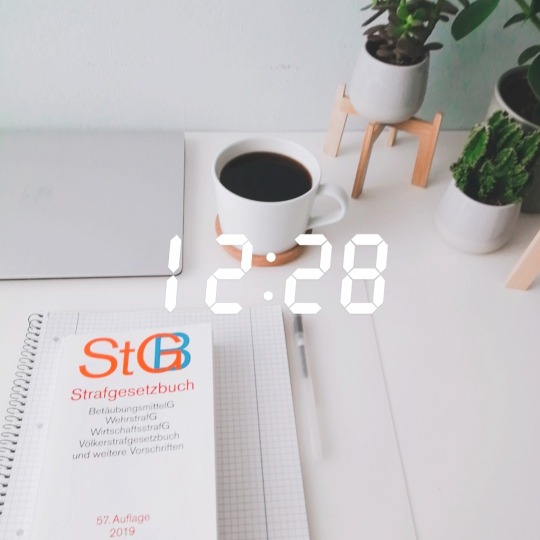

31.01.2020 || back at the desk again
can finals be over and done with already? I kind of need a break!!
🎧 butterfly effect - exo
3K notes
·
View notes
Photo


love a good used book☺️📚 (I know some of you are going to get mad at me fire highlighting and writing in my books but these were for history coursework don’t worry😂)
11K notes
·
View notes



